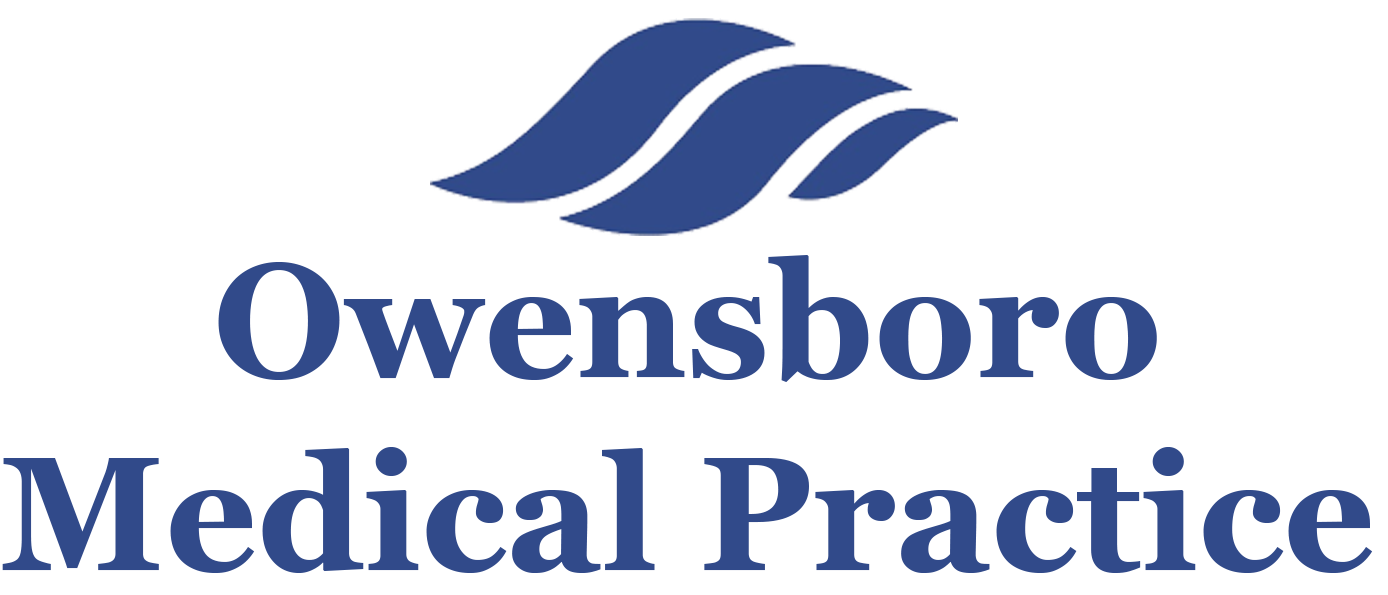Coumadin Clinic
Blood-thinning medications, also called anticoagulants, can be life-saving therapies for patients who are at risk for acute blood clots. But some anticoagulants, especially oral blood thinners like Coumadin, Jantoven and generic warfarin, also need to be closely monitored as they can increase your risk of internal and external bleeding. Doctors who administer blood thinners may require patients to visit regularly for check-ups to manage their doses, keep tabs on their symptoms and ensure that their medications are working as intended.
In order to make the process of monitoring these medications easier, Owensboro Heart & Vascular offers a service called a Coumadin Clinic or an anticoagulation clinic. These specialty clinics provide ongoing medication management for patients who are taking oral anticoagulants that come with a high risk of side effects. As the premier location for cardiovascular healthcare in the western Kentucky and southern Indiana area, Owensboro Heart & Vascular offers a comprehensive Coumadin Clinic for qualifying patients.
How Does Coumadin Work?
As the most common type of anticoagulant that requires regular visits to a clinic, warfarin, also known as Coumadin, is a type of blood thinner known as a Vitamin K antagonist, or VKA. Vitamin K plays a key role in the natural chemical reactions involved in blood coagulation. In a healthy body, blood coagulation is important to stop bleeding when we are injured. But for men and women whose circulation is poor, blood can start to clot inside the body and become stuck in blood vessels. A VKA medication prevents these harmful blood clots from forming by blocking the coagulation effects of Vitamin K.
However, it is essential to avoid thinning the blood too much, blocking Vitamin K completely or interfering with these drugs’ function via other medications or a diet high in Vitamin K. Taking VKAs without a healthcare provider’s guidance can result in a variety of very concerning side effects, including:
- Unusual bleeding (e.g. bleeding gums, coughing blood or nosebleeds)
- Persistent bruising
- Dizziness or lightheadedness
- Blood in the urine or stool
- Stomach upset
- Heavy menstrual periods
- Severe Gastrointestinal Bleeding
To avoid these adverse effects and ensure that the medication is working properly, Coumadin Clinics regularly monitor the health of patients who are taking this type of blood thinner.
Who is a Coumadin Clinic For?
Coumadin Clinics are designed to closely monitor patients who are taking VKAs such as warfarin, or its brand name Coumadin and Jantoven, to prevent the formation of blood clots and treat conditions such as deep vein thrombosis, pulmonary embolism, heart attack, stroke and more. Other blood thinners, such as apixaban or Eliquis, need less regular monitoring and don’t require routine PT/INR testing. To ensure that their medication is working properly and that they are not experiencing any dangerous side effects, our services include:
- Regular re-evaluation of a patient’s recommended dose
- Implementation of a dietary or lifestyle regimen
- Blood testing for the presence of healthy chemical ratios (INR testing)
- Monitoring injuries or illnesses
- Ensuring a patient’s other medical care is not conflicting with their medication
Coumadin Clinic services may also be appropriate for patients who are taking a different kind of blood thinner, but who are at risk of similar side effects due to a complex health situation such as taking multiple types of medication or taking blood thinners in the presence of an illness.
How Do I Know if I Need To Visit the Coumadin Clinic at Owensboro Medical Practice?
If our Coumadin Clinic services are right for you, your doctor will refer you to our practice and can help you coordinate your first appointment. We welcome patients who receive primary or cardiovascular care at Owensboro Medical Practice, as well as patients who have been referred by other healthcare providers. If you are being referred, we may request access to your medical records to assess whether you need to visit with a healthcare provider at Owensboro Heart & Vascular before your first Coumadin Clinic appointment.
If you are currently taking an oral anticoagulant or will be starting on oral coagulants and think you may need to visit our Coumadin Clinic, talk to your prescribing doctor about your medication to find out whether this service is appropriate for you. Not all anticoagulant medications require this type of monitoring, and your healthcare provider will have all the information about your medical history to make a recommendation either way. You can also feel free to schedule an appointment with one of our cardiovascular specialists to learn more.
Visiting The Coumadin Clinic at Owensboro Medical Practice
Your care at our Coumadin Clinic begins with initial baseline blood tests and a thorough informational session about your medication and what it means for your health. This may include:
- A run-through of your medication management plan
- Explanation of your clinic visit schedule or regular tests
- A list of foods to eat or avoid to stabilize Vitamin K
- We will also work with you to create a thorough list of all medications, vitamins or supplements that you currently take, and we will regularly check and update this list at each visit.
Each patient’s clinic visit timeline will vary based on their needs. Our onsite medical laboratory and cardiovascular clinic make it easy for you to get all your care, testing and test results in the same location, so you will not need to travel between providers or centers.
We perform complete blood count testing every three months to rule out the presence of anemia. If there are concerns about your blood tests, particularly your INR, which measures how long it takes your blood to clot, we may need to temporarily change your medication. This is a process called “bridging,” and we typically see bridging patients daily, then every four days, then weekly and then monthly as their blood tests return to normal. In addition, if you are switching medications, taking antibiotics or going through other health events, we may need to schedule more frequent visits.
We also offer Lovenox injection services for patients who are experiencing persistent negative side effects on warfarin. Lovenox is a different type of anticoagulant that can help prevent warfarin-related symptoms when administered by our professional nursing staff.
Our Coumadin Clinic is covered by most insurances but our services are also available with a self-pay option. Patients are eligible for a discounted rate by paying for services upfront. Please contact us for more information about our costs, our services or the Coumadin Clinic in general.
Pay Your Bill
You may either pay your bill in-person or online by clicking the button below. If you have billing questions, please call: (270) 684-0028.
Patient Resources
Visit our Patient Resource Center. Here, you can get a headstart on completing forms and documents prior to your appointment.
Make an Appointment
Making an appointment is easy. Check out our full range of services and call the clinic that meets your needs today to make your appointment.
Other Services
Owensboro Medical Practice offers comprehensive medical services and treatments for the wide array of needs that our patients have. Not only are we experts in cardiology and heart and vascular conditions, but we also specialize in the below practices.





